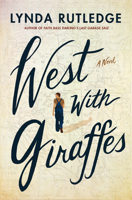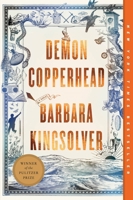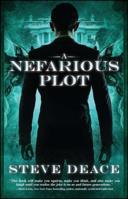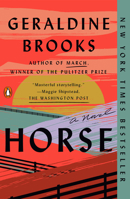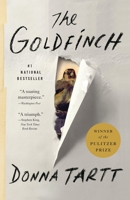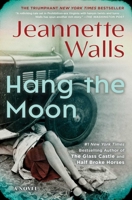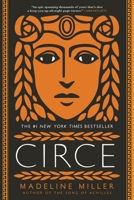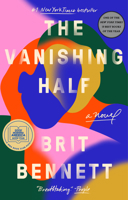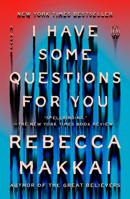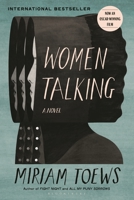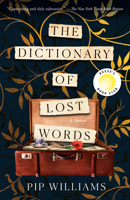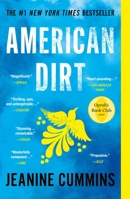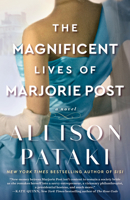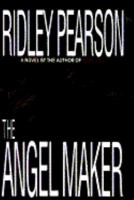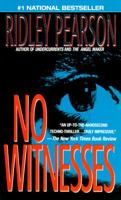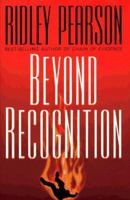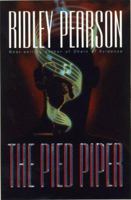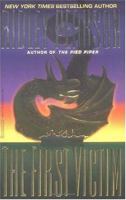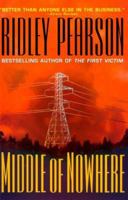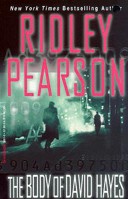Up Front
Select Format
Select Condition 
You Might Also Enjoy
Book Overview
Customer Reviews
Rated 5 starsPURE PEARSON - PURE PLEASURE
Seattle police biggie Lou Boldt is trying to track a serial killer, while Daphne Matthews, gorgeous forensic psychologist is investigating the untimely demise of Mary Ann Walker who was thrown (?) jumped (?) from Aurora Bridge. A boyfriend, known for physically abusing Mary Ann, is a prime suspect. Before we know it Pearson, always a master of surprises, connects the two cases by spotlighting one suspect. However, a solution...
0Report
Rated 5 starsPURE PEARSON - PURE PLEASURE
A taping by Dick Hill, named one of the industry's golden voices by AudioFile Magazine, guarantees a first-rate listening experience, which is precisely what one finds with the latest installment of the Boldt/Matthews series by Ridley Pearson. Seattle police biggie Lou Boldt is trying to track a serial killer, while Daphne Matthews, gorgeous forensic psychologist is investigating the untimely demise of Mary Ann Walker who...
0Report
Rated 5 starsPearson's Most Deceptive Novel
The lastest novel in Ridley Pearson's 'Lou Boldt' series really isn't about Lou Boldt. Instead, the focus shifts to Daphne Matthews and John LaMoia in 'The Art of Deception'.Matthews' personal life is a mess. She fills all her free time with police and charity work. At the novel opens, she is consummed with caring for runaway girls at a local women's shelter. She checks up on a witness as a favor to LaMoia, and suddenly...
0Report
Rated 5 starsgrandmaster of the police procedural
Lieutenant Lou Boldt of the Seattle Police department is back in the field and enjoying every moment of it except that two women have disappeared and the police don't have a clue what happened to them. One of the women is his wife's friend so it is very important to Lou that he solves the case so the families can have some kind of closure.Police psychologist Lieutenant Daphne Matthews finds herself deeply involved in a case...
0Report














